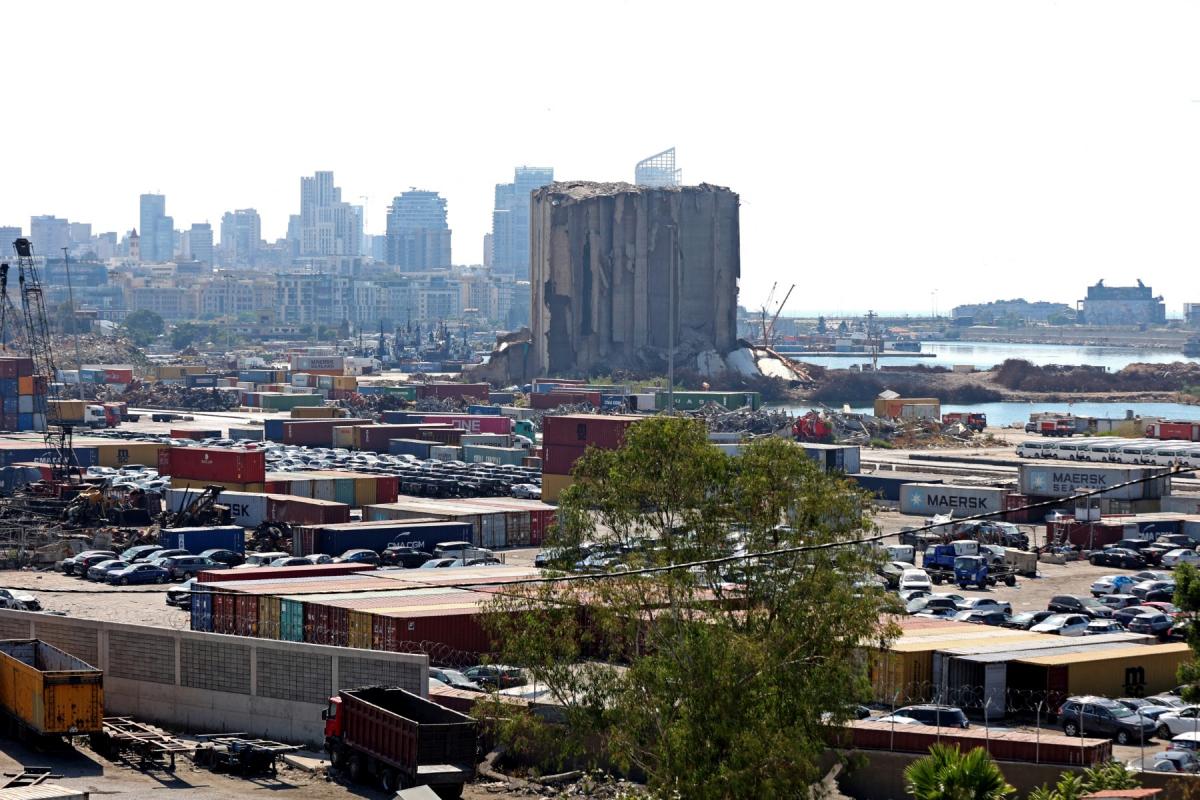As tensions between Iran and Israel escalate, and with the intensification of mutual strikes, global shipping has been shaken in unprecedented ways — especially after Iran’s threats to close the Strait of Hormuz, a vital artery through which nearly 20% of the world’s oil trade flows. This military escalation has cast a shadow over global commerce, particularly in countries like Lebanon that heavily depend on maritime imports. The fallout is already being felt: shipping delays, soaring import costs, and the early signs of a consumer crisis taking shape in local markets.
Fears over a possible closure of the Strait of Hormuz have forced many shipping companies to reroute vessels, steering clear of this critical passage. Instead, they are opting for far longer journeys via the Cape of Good Hope — a move that has doubled shipping times and costs. Container transport prices from Asia to the Middle East and Europe have surged by as much as 50%, while insurance premiums on ships transiting conflict zones have spiked due to what is now labeled a “war risk surcharge.”
In Lebanon, the crisis has hit home most visibly in the import of food, clothing, and electronics. Regional shipping expert Sami Mohandro notes that shipments from China, India, and Bangladesh to Beirut’s port are now delayed by an average of two weeks to a month because of disruptions at Gulf ports or rerouting around the Strait of Hormuz. Lebanese shop owners are feeling the pinch. Among them is Karen Shamas, who runs a women’s clothing boutique in Beirut: “We’ve been waiting for our summer collection from China since early June, but it still hasn’t arrived. Customers have lost interest in the season.” Shamas adds that shipping costs have doubled, forcing her to hike prices by 30%.
The impact extends beyond fashion. Rami Daher, who operates an online store selling imported apparel, said his latest shipment has been stuck at Dubai’s Jebel Ali port for over 20 days, caught in port congestion and rescheduled sailings. “We had planned a big end-of-season sale,” he says, “but we still haven’t received the goods — and we don’t know if we’ll make the seasonal demand.”
Food supplies are also under pressure. Lebanon imports most of its staple foodstuffs — including rice, cooking oils, lentils, and canned fish — from Asia and Turkey. With shipments delayed, major retailers have begun gradually raising prices, while importers have scaled back order volumes due to the spike in costs. The Food Importers Syndicate has warned that if delays persist, current stockpiles will only last about two months.
On the energy front, rising global oil prices fueled by disruptions in Gulf shipping lanes are putting Lebanon’s fuel market under added strain. The country sources most of its fuel through international markets, much of it via routes that pass through the Gulf. With oil prices climbing above $85 a barrel, Lebanese consumers are already feeling the squeeze at the pump — with higher gasoline and diesel costs pushing up transport expenses and, by extension, overall prices across markets.
According to maritime economics expert Dr. Nabil Abdel Sater, the crisis could drag on if tensions in the Strait of Hormuz aren’t defused. “Lebanon is paying the price twice over — first through shipping delays, and second through rising costs,” he explains. “We’re a country that imports over 80% of what it consumes. Any disruption in supply chains hits us hard and fast, impacting prices and purchasing power.”
Against this backdrop, Lebanon’s commercial sector is gripped by uncertainty and anxiety. Traders and importers watch nervously as the Gulf crisis unfolds, with no emergency government plan in sight to support imports, stabilize prices, or even help steer importers toward alternative sources in the short term.
Please post your comments on:
[email protected]
 Politics
Politics













